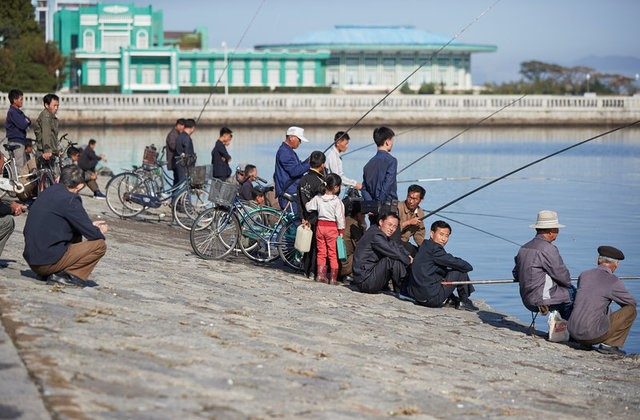Beset by sanctions and now plagued with a poor harvest due to drought in spring, everyday North Koreans are facing two immediate dangers—officials hungry for bribes, and hunger itself.
Recent reports from Daily NK—a publication based in South Korea’s capital, Seoul, that specializes in finding sources inside North Korea—paint a stark picture of a country under an economic and agricultural squeeze.
While sanctions do not target North Korean food supplies, the regime’s limited market economy has been rocked by instability that is prompting state-sanctioned racketeering.
That forced bribe taking has become a heavy weight on North Koreans already struggling for basic life necessities and has fuelled resentment towards the regime.
Farmers Struggling
In a single mobilization each fall, the ruling communist regime assigns an army of laborers to help farmers bring in the harvest.
Men in North Korea are frequently assigned work by the regime, which pays them hardly anything, while their wives struggling to make ends meet at marketplaces.
But drought in the spring has left crop yields slim.
“This year farmers are refusing to accept such help. They are afraid that there’s not enough food for all of the mobilized workers, especially considering the poor harvest,” a source in Ryanggang Province told Daily NK on Oct. 18.
“They are all busy dealing with how to secure enough food for the coming year,” said another source in Jagang Province.
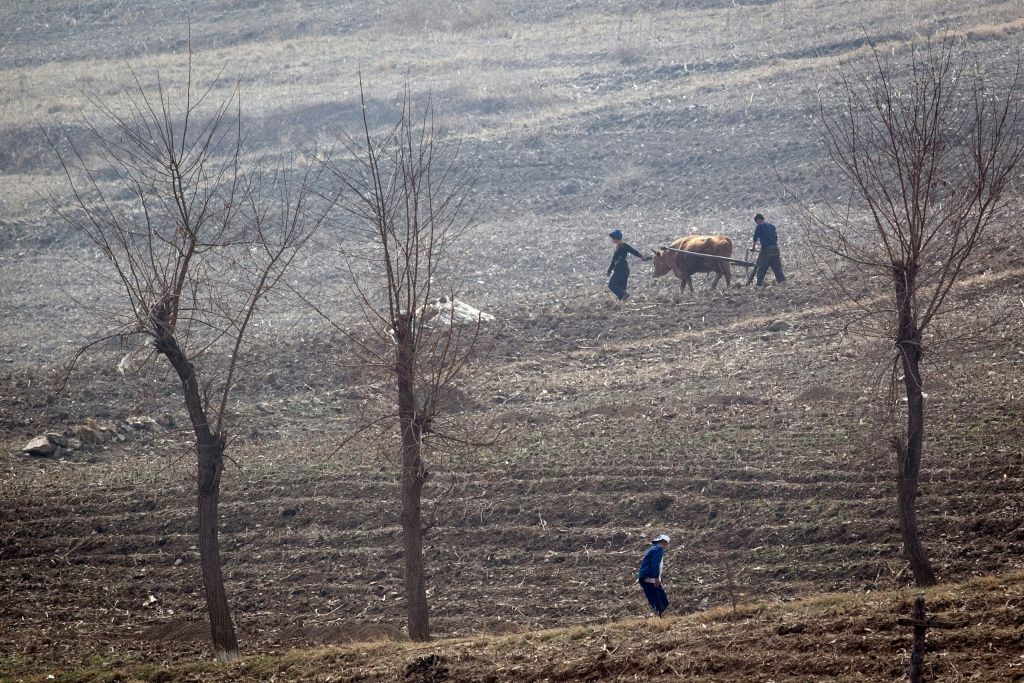
Crops are so slim that many are even cutting special holiday dishes from their diets this year, said the source in Ryanggang.
“Focusing purely on calories, people are opting for simpler and cheaper foods. They are slaughtering their livestock in order to sell the meat and use the profits to purchase greater amounts of rice, corn, and other grains to store for the coming season.”
Military Mobilized
Instead of sending laborers and asking farmers to harvest the rice, sources in North Korea are telling the Daily NK that the military will be sent out to collect provisions directly.
“Military leadership handed down orders last month detailing the quotas required to be collected by the local 12th Corp,” a source in Ryanggang Province told Daily NK.
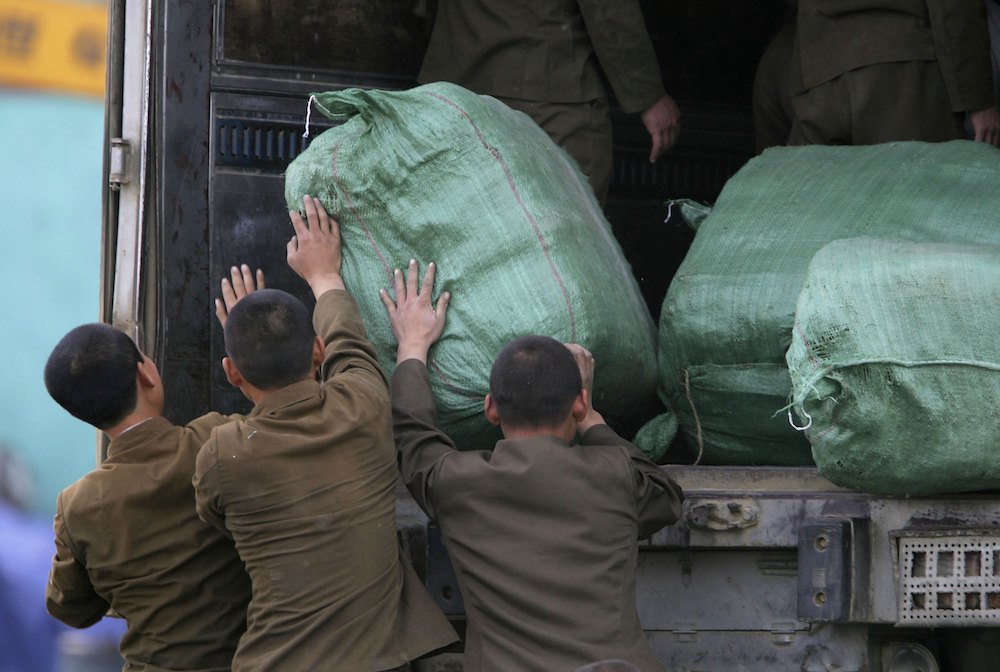
“It is quite absurd that military personnel have to collect these provisions themselves. And such orders were handed down in all provinces, covering all military divisions across the country.”
The source said soldiers were complaining about the plan, questioning if any other country has a government that does not feed its own military.
“I thought the army was supposed to be defending our country, but instead they’re turning us into an army of farmers,” one serviceman told the source.
Merchants Hounded
In one dramatic incident that epitomizes the situation facing many North Koreans, a woman in her 50s reported killed herself when she could not repay 30 kilograms (66 pounds) of corn.
“The woman was a small-time merchant who had fallen upon hard times and had to borrow the corn from a loan shark, but when she could not pay back what she owed, she took her own life,” a source in Ryanggang Province told DailyNK.
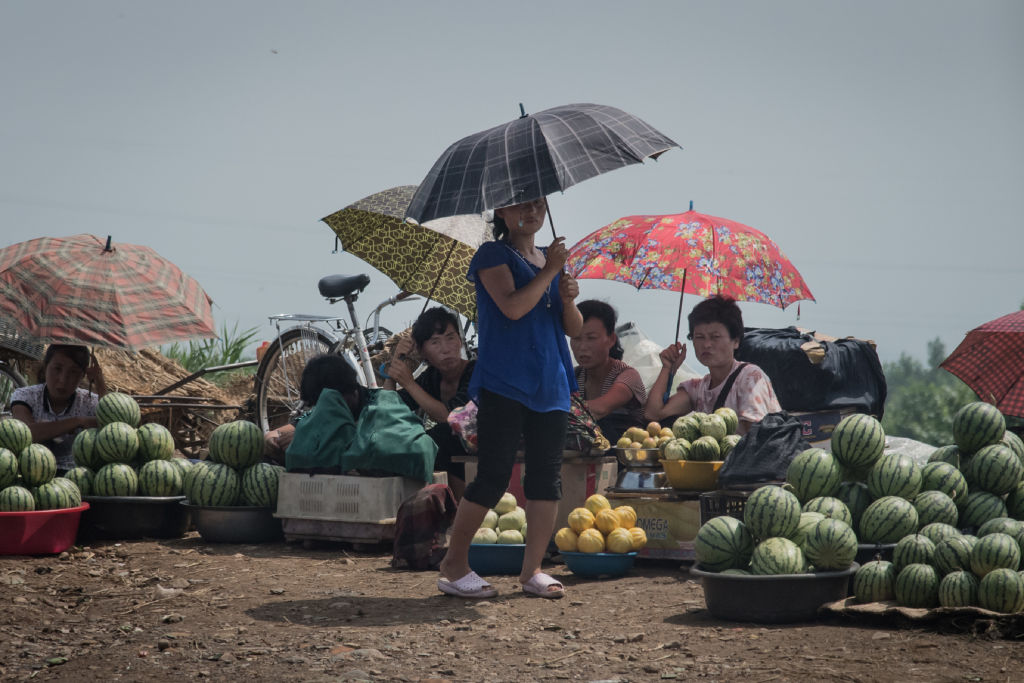
“Since she borrowed 30 kilograms in summer, she has to pay back 60 kilograms in fall. Those are the terms,” she added.
But with market prices fluctuating wildly and a poor harvest, the woman was unable to repay the debt and was hounded by her creditor.
According to the source, the woman’s death has hit people in the community hard, especially since her child had a wedding set for November.
“People are asking, ‘Why did she have to die? A woman who worked so hard, who I know could have eventually paid her debts and found happier days,” said the source.
Fees
Loan sharks aren’t the only people gouging North Koreans. Part of the challenge facing the average worker and merchant is the regime’s efforts to claw as much money out of the people as possible.
Although many North Koreans are forced into underpaid work, the ruling Workers’ Party of Korea still demands they pay their dues and others pay their Workers’ Alliance fees, reports DailyNK.
And with the state now desperate for cash, those dues have suddenly increased.
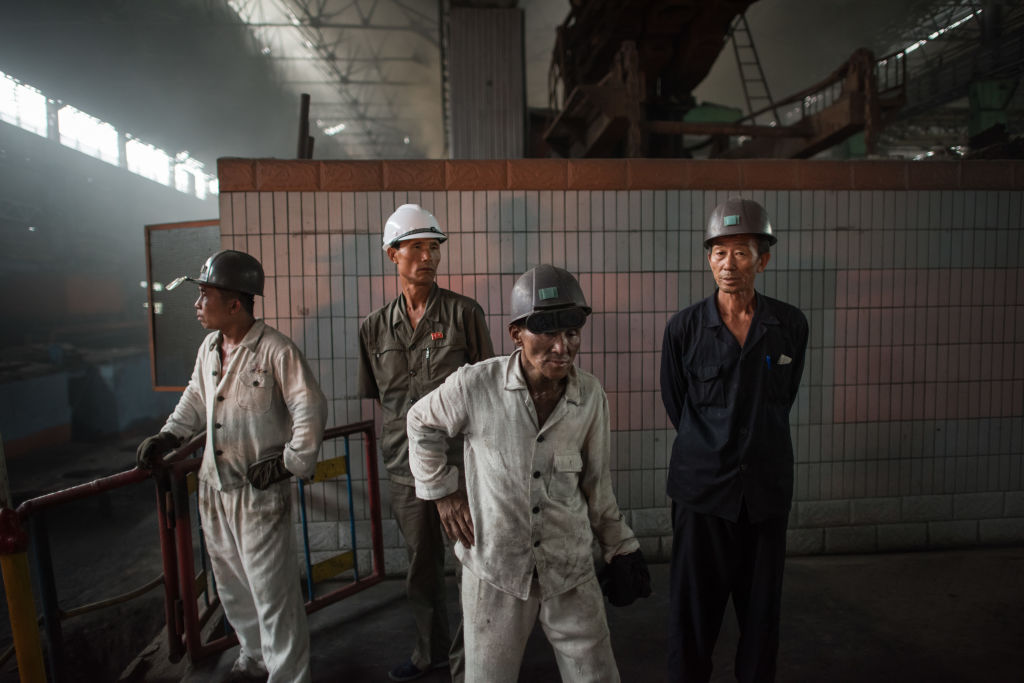
“Previously, the party demanded Workers’ Alliance fees only once a year at the end of October, but they are now seemingly focused on it all the time,” a source in North Pyongan Province told Daily NK on Oct. 16.
According to the source, the salaries paid to state workers are about 1,800 North Korean Won (KPW)—about $2—for factory workers, to about 5,000 KPW ($5.55) for those working with toxic substances.
However, 2.2 lbs of rice costs about 6,000 KPW ($6.67) in the markets.
Racketeers
While North Korea has a limited open market, many items are illegal to sell, but are tolerated if merchants pay the expected bribes and fees.
But according to Daily NK sources in Hyesan, Ryanggang Province, the Rapid Reaction Forces (RRF), whose job it is to stamp out “subversive elements of society,” has been tasked with bringing in money for the regime, and is doing it by extracting bribes.
A source in Ryanggang Province told Daily NK that authorities from the RRF are circling the markets in Hyesan and demanding bribes from merchants.
Many merchants shocked the RRF, however, by fleeing or balking at the request.
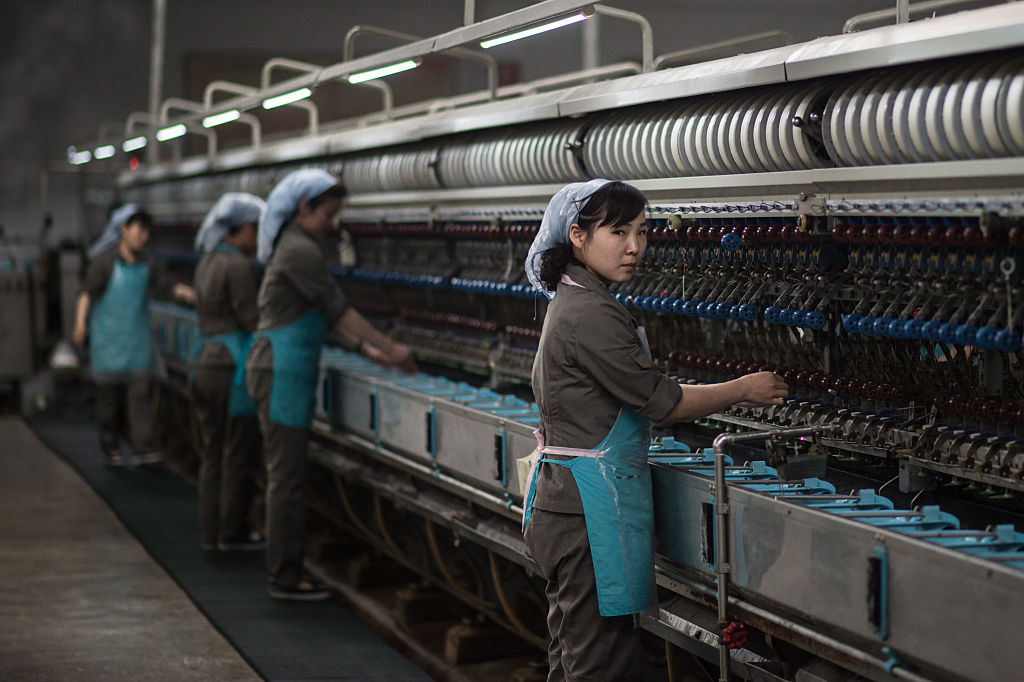
Merchants must also pay fees to the market’s management unit, the police, and the Ministry of State Security.
“On top of the already chaotic situation in our country, it seems that every person that gains any power just uses that to exploit the people and take every last dime they have, even from the poor and downtrodden,” another source in Ryanggang Province told Daily NK. “There is no hope left for the people, and nobody in power to help them.”
Starvation
While North Korea is not seeing anything like the famine that killed millions in the 1990s, a rumor is circulating in Ryanggang and North Hamgyong provinces that someone died from starvation and their body was seen near the train station in Hyesan City. A source recounting the rumor told the Daily NK it was credible due to the drought.
“The corn and rice harvest did not meet its targets, amounting to approximately half the volume produced last year.”
At the end of September, North Korean border guards reportedly crossed the border to steal grain in China.
“People have nothing to eat, so they’re willing to go across the river to steal food from the Chinese. If this is how bad things are now, it’s likely that more people will starve as time goes on,” a source in North Hamgyong Province told the paper.
With prices skyrocketing, many have already found it difficult to buy enough food. Some North Koreans are calling for grain to be released from military stores.
From The Epoch Times

